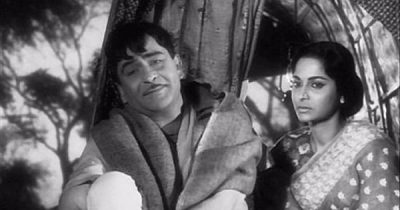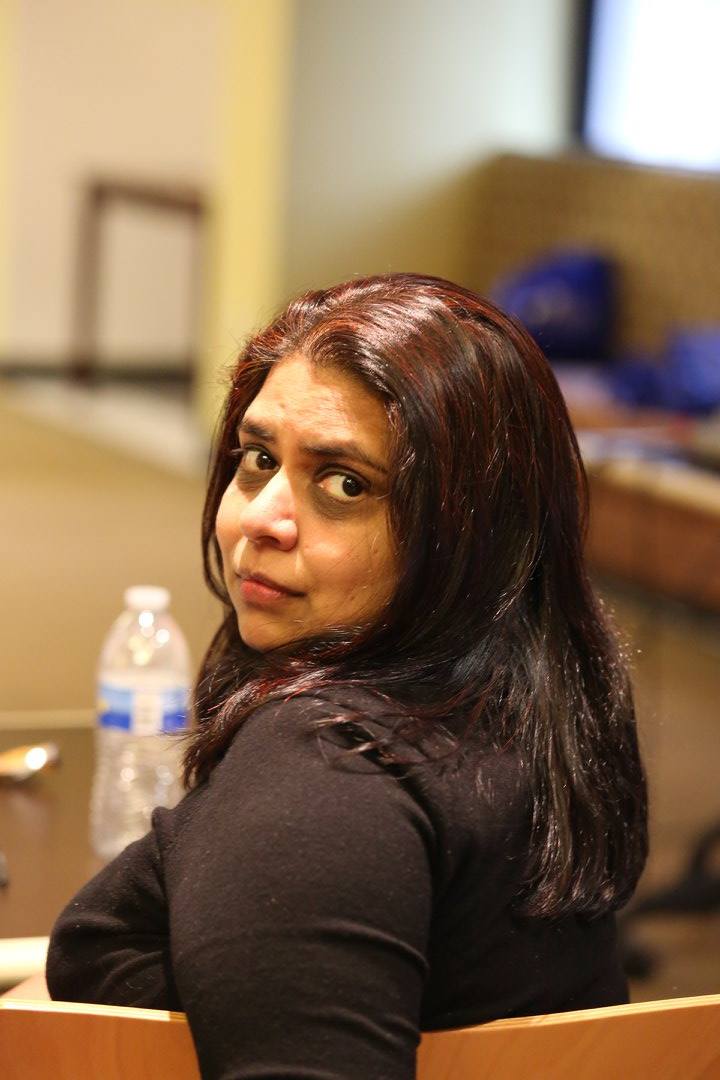
Cineflections-43
Teesri Kasam (Third Promise) – 1966, Hindi
-Manjula Jonnalagadda
“if she had not been a gypsy, and if he had not been a priest” – Victor Hugo
Teesri Kasam is the film directed by Basu Bhattacharya, based on a short story titled “Maare Gaye Gulfam” by Phanishwarnath Renu. Renu also penned the dialogue for the film. This film was produced by the famed poet-lyricist Shailendra. This film won the Best Feature Film Award at the National Film Awards and was nominated for the Grand Prix at the Moscow International Film Festival.
Phanishwarnath Renu was one of the most influential writers of modern Hindi literature. He penned seven novels and several short stories. His novels and stories reflected the reality of rural Bihar. His first novel Maila Anchal (The Soiled Linen) is considered among the greatest in modern Hindi literature.
Basu Bhattacharya was one of the leading figures of what is called Middle Hindi Cinema. His films were not completely arthouse, but reflected the realities of day to day life. He started his career as an Assistant Director to Bimal Roy. Bhattacharya’s first film as a director was Aflatoon. Teesri Kasam was his second film. His films Anubhav, Avishkar, and Grihapravesh considered the bmarital discord trilogy are among his most well known films. He directed 22 films in his career.
This film was a dream project of Shailendra. He approached Basu Bhattacharya to make this film and his friend Raj Kapoor to act in it. The songs in the film were a huge hit, but the film bombed at the box office. This led Shailendra into depression. He became alcoholic and died soon after. The film is now considered a classic.
The film opens to Hiraman carrying contraband goods in his bullock cart as part of a group. The group is caught by the cops, but Hiraman escapes. He swears to never carry contraband goods again. Another promise he makes to himself is never to carry bamboo after an accident. He is a widower who lives with his brother’s family. Hiraman drives a bullock cart for a living. He is not very worldly wise and knows little beyond driving a bullock cart.
One day a dancer named Hirabai who works for a drama troupe gets into his cart, wanting a ride to a fair where she would perform. Hiraman is attracted to Hirabai. Hiraman likes to sing while driving his cart, Hirabai likes him as well. At the fair, Hirabai gives passes to Hiraman and his friends to come and see her performance. Hiraman is old fashioned and forms a high opinion of Hirabai. He thinks she is a virgin, whereas the reality is something else. What happens to their relationship is the rest of the story.
The film is a simple love story of two people from two very different worlds. Neither of them is right are wrong. They are just two people navigating the world they know. Their world view is what they experience. That’s what makes this film very different from the usual romantic films of India. It is not the family or the societal pressure but it is their world that decides their fate.
The film is largely true to the short story including the dialogue and the songs. There are minor differences however. There is an additional Zamindar (a feudal lord) character which is not in the short story and some additions to prolong the short story into a film.
The film revolves around the two main characters Hiraman and Hirabai, the rest of the characters are in the periphery. Hiraman has orthodox upbringing where his sister-in-law wants to find a bride who is a child which was a societal norm of the day. (The story is set in the 1940s or early 1950s). Hiraman does not want that so he is unmarried. His world is plain and orthodox where women marry and take care of the household.
Hirabai comes from a different world. She is a dancer, we don’t learn much about her background. We only know her profession. She likes what she does and the attention she gets. She is wise enough to understand that her world and Hiraman’s world are very different.
The film is very realistic and set in the real world. There is no glitz but the reality of poverty and also the glamor of a being a dancer comes with a reputation that they are easily available. Basu Bhattacharya’s direction of the film is very good. Dialogue penned by Phanishwarnath Renu is fantastic!
Raj Kapoor’s performance in this film is one of his best. Waheeda Rehman can emote with her face like few actresses can. She is excellent as Hirabai!
The film is a musical. Lyrics in the film are among Shailendra’s best, so is music composed by Shankar Jaikishan. Music of the film still lives on.
Watch this film for it is a realistic love story, a very rare thing in Indian films and also for the fantastic music!
*****

Manjula Jonnalagadda is from Hamsavaram, East Godavari Dist, and lives in Los Altos, CA. She is a Techie by profession and complex by nature. She loves to read; Chekhov, Kafka, KoKu and Sankaramanchi are among her long list of favorites. She is serious about films, and a regular at a few local Film festivals. Her other interests are quizzing and hiking. While she enjoys western classical music and all kind of vegetarian food sans beans and fake meat, she seeks comfort in Carnatic music and curd rice.
